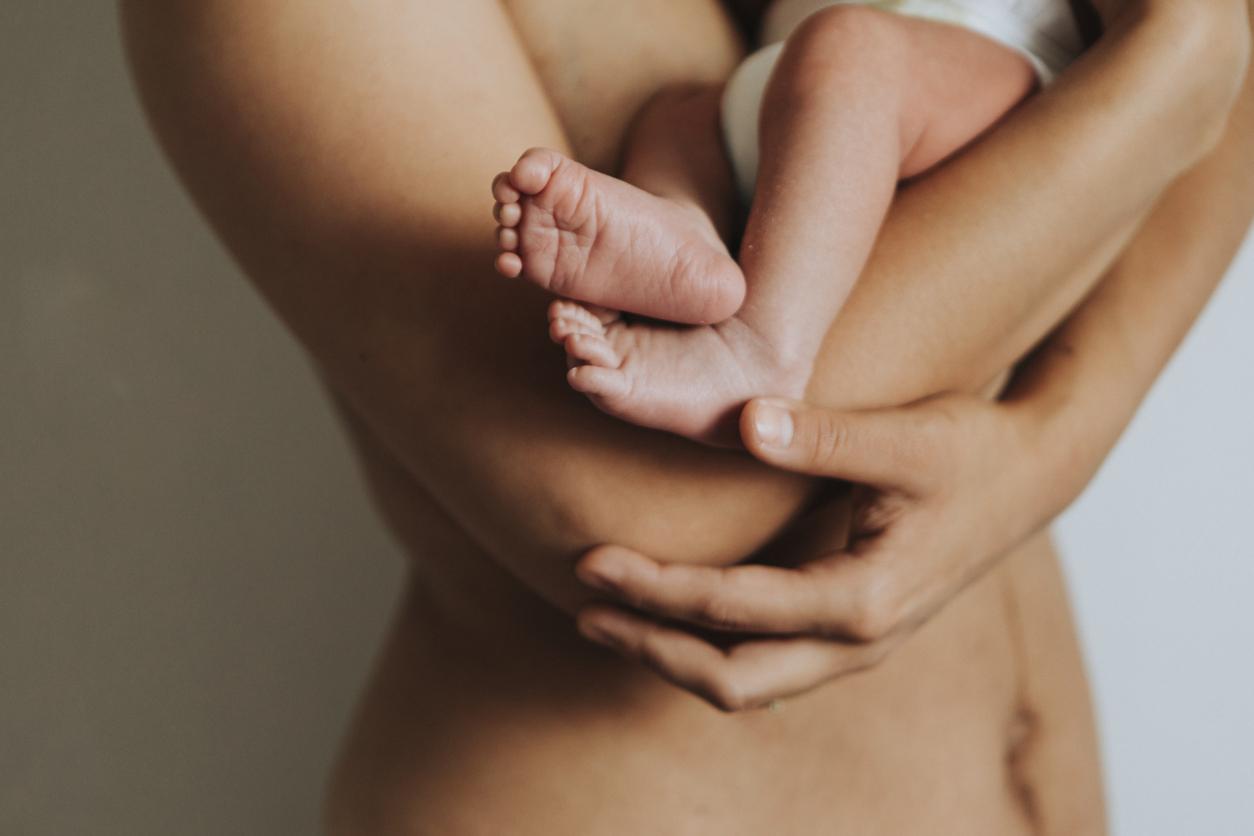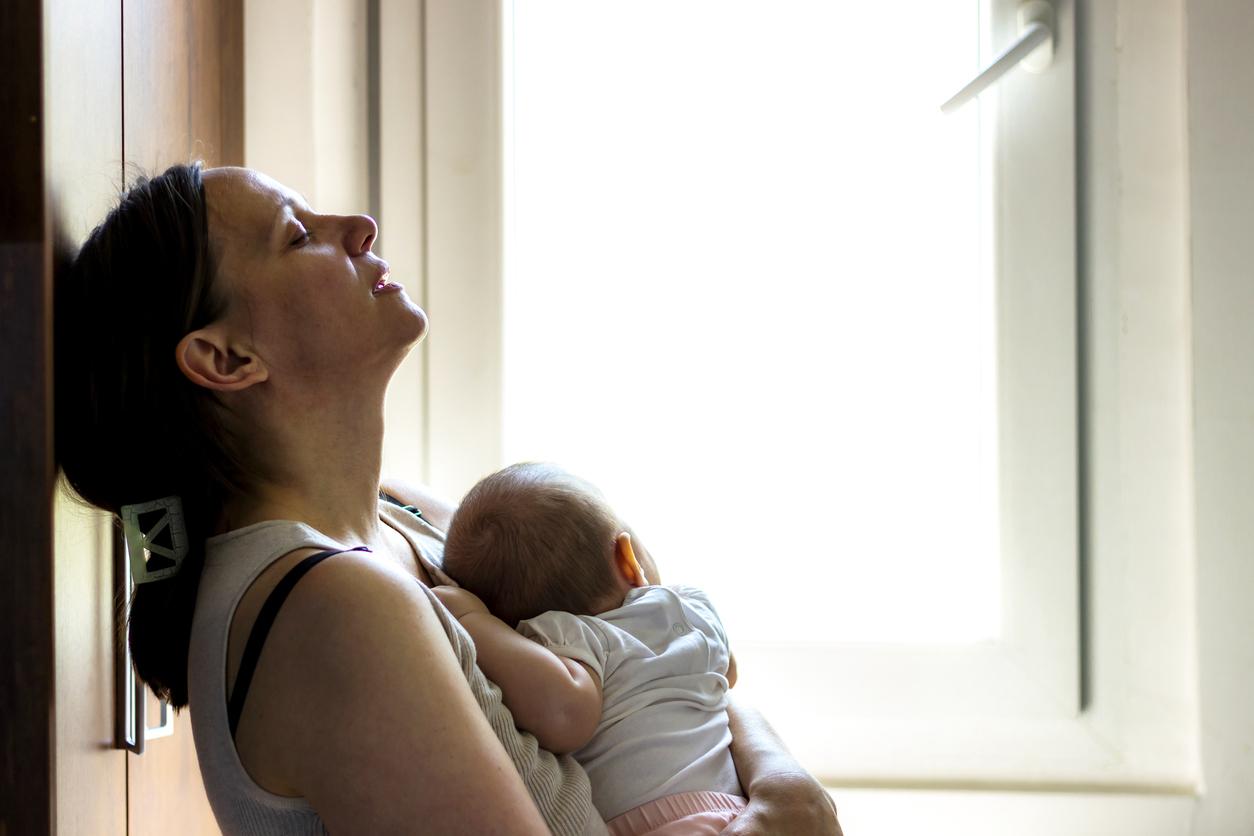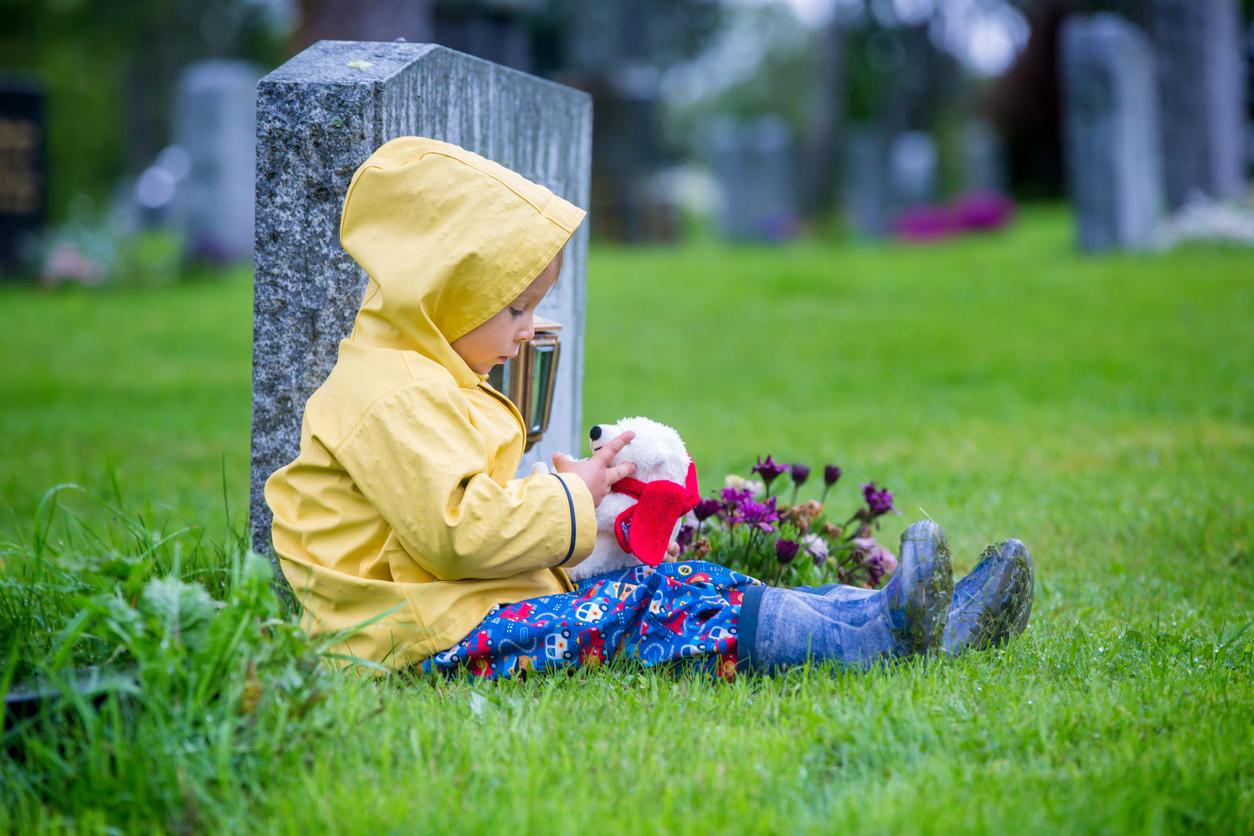An Ipsos survey looked at the issue of postpartum, the upset period after childbirth when you discover the life of a new parent.

- 88% of parents say they feel joy and happiness during this period but as many (88%) say they are exhausted.
- 79% of moms and 72% of dads report being emotionally drained.
- The major difficulties encountered during this period are: fatigue (73%), managing siblings (51%) and lack of time for oneself (48%).
The postpartum period can be one of the most beautiful moments in a parent’s life, but also one of the most difficult, with many upheavals, both physical and psychological. Not to be confused with postpartum depression, postpartum, also known as the “4th trimester,” is the time when parents build new landmarks with their newborn and each lives in their own way.
In order to raise awareness on the subject, Laboratoire Gallia commissioned the Ipsos institute to carry out three studies. In addition to a first qualitative study with 26 parents, supplemented by a quantitative study with 400 fathers and mothers of children aged 0 to 24 months conducted in December 2022, Ipsos also interviewed 117 midwives, presenting at least two years of experience, in January 2023.
79% of moms and 72% of dads say they are emotionally drained
Several key figures emerge from the results of this survey. 88% of parents say they feel joy and happiness during this period but as many (88%) say they are exhausted. Nearly 85% of moms report being physically exhausted and 79% emotionally exhausted. These difficult times do not only concern mothers: 72% of fathers report being emotionally exhausted during the postpartum period. Figures that reveal that the mental health of dads is still too underestimated and sometimes denied by men themselves. The major difficulties encountered during this period are: fatigue (73%), managing siblings (51%) and lack of time for oneself (48%).
“Emotional exhaustion mainly results from the significant emotional investment that the mother puts into the relationship with the newborn. The emotional load combined with physical fatigue creates an imbalance that can go so far as to affect mental health and be the breeding ground for postpartum depression.analyzes the psychologist Christèle Albaret.
Postpartum: what can loved ones do?
To help new parents in difficulty, their loved ones, as well as friends, neighbors, colleagues, can do something. The delivery of meals or shopping at home and help with managing the home or looking after the baby thus appear to be the first wishes of the parents questioned in the study. Help from loved ones in managing daily life is desired by 36% of parents, delivery of meals and shopping at home by 33% of them and help from loved ones to take care of the baby by 31%.
While the public authorities are increasingly focusing on the subject of postpartum – as evidenced by the introduction of a mandatory postnatal interview since July 1, 2022 – 66% of parents questioned believe that the government “n is not yet mobilized enough”. In terms of care, 52% of parents consider that logistical support would be “very useful” when a newborn arrives and 34% would like to be “listened to more” during their stay in the maternity ward.
Finally, vis-à-vis the professional world, nearly 86% of them find that a return to work at 80% paid 100% would help them get through the postpartum period better. 83% would like an extension of leave and 73% would like more flexibility on schedules from their employer. The internal creche at work or another form of childcare supported by the employer are also widely supported.
Launch of a postpartum awareness campaign
On the occasion of the publication of the results of the survey, Laboratoire Gallia launched an awareness campaign, entitled “How are you, you?”, which aims to alert the parental ecosystem (the entourage, the professionals of health, government and businesses) to the importance of better support for parents during the postpartum period and to encourage parents to talk about it more around them.
In addition, a movement, called “les Bienveilleuses”, will be shared on social networks, aimed at relatives of young parents. The objective is to sensitize them to help through a list of ideas (bring a homemade dish, keep the baby for 1 hour, do the cleaning…), in order to facilitate the new daily life of the parents.

















